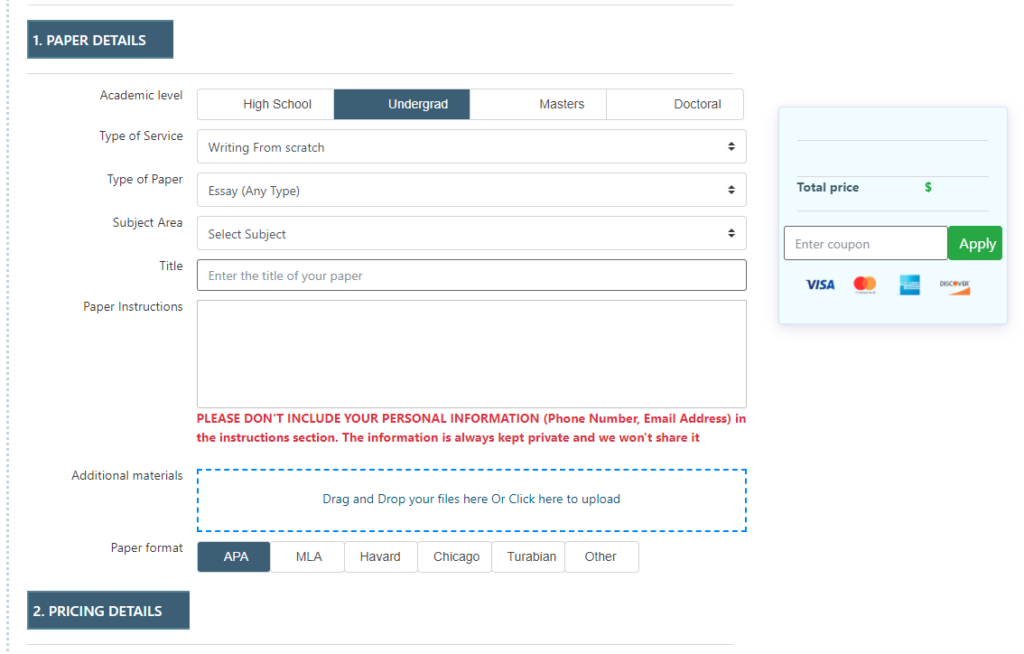At the core of every research project is your thesis, the answer to your research question, along with two kinds of support for it. The first support is a least one reason, a sentence or two explaining why your readers should accept your claim. We can usually join a thesis with a reason.
The emancipation of slaves was an empty gesture (thesis) because the situation of former slaves did not improve the quality of their lives (reason).
BASING REASONS OF EVIDENCE
Evidence is something you can see, touch, taste, smell or hear. For example, we can’t see children adopting values, but we can see a child answer the question Do you think that what you see on TV is real? We now have the core of the research argument:
Thesis because of Reason based on Evidence
ACKNOWLEDGING AND RESPONDING TO ALTERNATIVES
A responsible researcher supports a claim with reasons based on evidence. But thoughtful readers are likely to question any part of your argument. So you have to anticipate as many of their questions as you can, and then acknowledge and respond to the most important ones.
CLAIMS
You need a tentative answer to you research question well before you can know exactly what the final one will be. Even if you replace your working answer, you need one from the start to help you know what to look for.
You can test you thesis/claim with three questions:
1. What kind of claim will you make?
2. Can you state it specifically?
3. Will your readers think it is specific?
The kind of problem you pose determines the kind of claim you make and the kind of argument you need to support it. Here are a few examples of claims:
1. The recession of 2000-2001 was caused partly by excessive investment in information systems that failed to improve production as much as had been promised.
2. Businesses that invest in information systems benefit only when they understand how to use them to improve productivity.
I can help you locate your claim. But here are some ways to evaluate it from the point of view of your readers. They will expect your claim to be both specific and at least potentially significant.
Is your claim specific?
Vague claims lead to vague arguments. The more detailed your claim, the more likely readers will judge it to be substantive.
Compare these claims/theses:
1. TV inflates estimates of crime rates.
2. Regular TV viewing overestimates by as much as 150 percent both the rate of crime in their neighborhoods and the personal danger to themselves and their families.
The first claim uses only general terms. The second consists of richer, more specific concepts that not only give readers a more specific idea of the claim, but also give the writer a fuller set of concepts to develop in his argument.
Reasons and Evidence
Readers look first for the core of the argument, for its claims and two kinds of support: reasons and evidence. In the sequence of reasons, they see the outline of the logical structure of its support. If they do not see that structure, they are likely to judge your argument shapeless and incoherent. Evidence, on the other hand is the bedrock of your argument, the established body of facts that readers need to see before they accept your reasons. If they don’t accept your evidence, they are likely to reject your claim. So once you know your claim, your next task is to assemble the reasons that support it, and the evidence on which those reasons rest.
As you collect evidence, you can use your reasons to organize that evidence in a form that anticipates the structure of your research report. You can do this as a traditional outline, but at this stage you’ll probably find it helpful to create a chartlike outline known as a “storyboard.”
Evidence
Main Claim → Reasons→
Evidence
Evidence
The difference between reasons and evidence is as follows:
1. Reasons state why readers should accept a claim. Researchers can think up reasons; they don’t think up evidence
2. Evidence is what readers accept as fact, at least for the moment. They think up evidence and “hard” reality, evident to anyone able to observe it.
So when you assemble the elements of your argument, you must start with one or more reasons, but you must base it reason on its own foundation of facts.
ACKNOWLEDMENTS AND RESPONSES, ANSWERING YOUR CRITICS
As you now know, the core of your argument is a claim backed by a reason based on evidence. You thicken the core by assembling more reasons, perhaps supporting each with yet more reasons, then laying down a base of evidence on which all those reasons rest.
Since your readers won’t be there as you draft your research paper, you have to imagine them asking questions. You should know how to anticipate two kinds of questions:
1. They may question its intrinsic soundness: the clarity of your claim, the relevance of your reasons, the quality of your evidence.
2. They may ask you to consider alternatives—a different way of framing the problem, evidence you haven’t considered.
First and foremost, you should question your problem as your reader might. Follow this method:
1. Why have you defined the problem in that way? If there is a problem, it involves not what you raise but other issues.
2. Why do you think there is a problem here at all? I don’t see any problem.
3. Exactly what solution are you proposing? Does your claim ask me to understand something or to do something?
4. Have you stated your claim to strongly? I can think of exceptions and limitations.
5. Why is your conceptual answer better than others? It doesn’t fit with all this other well-established knowledge.
6. Why is your solution better than others?
Next, question your support, focusing first on your evidence. Some objections to your evidence might include:
1. I’d like to see a different kind of evidence. We need hard numbers not anecdotes.
2. It isn’t accurate. The numbers don’t add up.
3. It isn’t precise enough. What do you mean by “many”?
4. It isn’t current. There is more recent research
5. It is representative. You didn’t get data from . . .
6. It isn’t authoritative. Smith is not an expert on this matter
7. You need more evidence (Often the toughest objection). One quotation does not establish a pattern.







